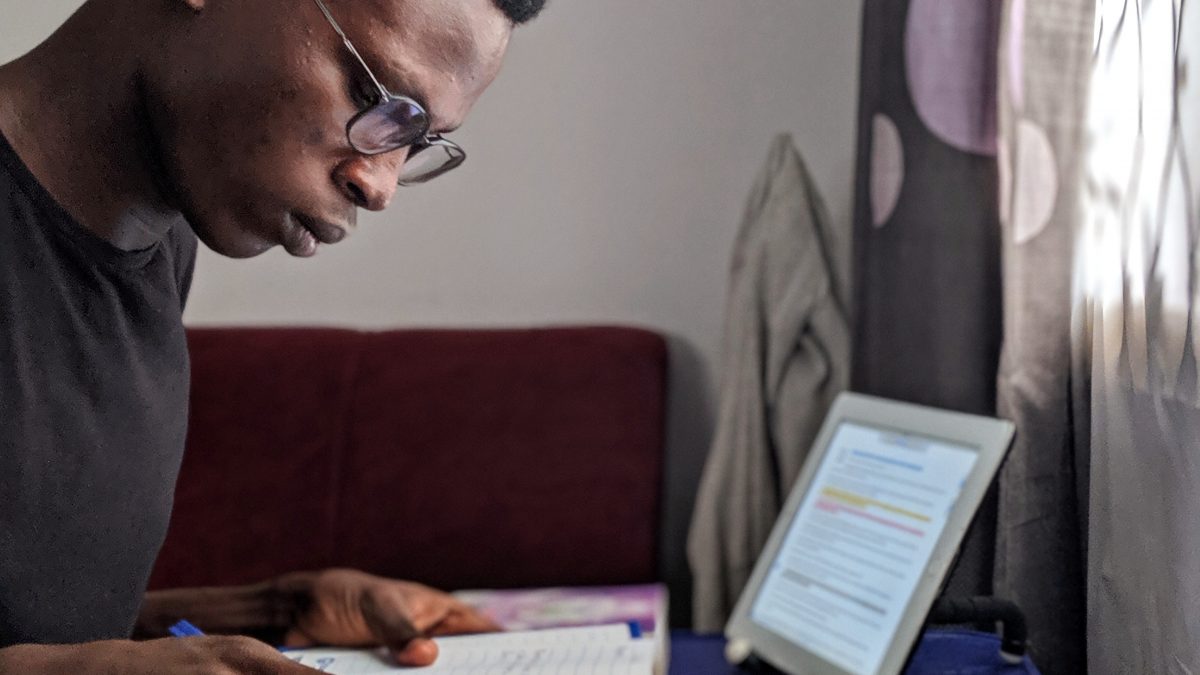So, finally you have successfully gained a spot in your favorite medical school. Congratulations! Before you start your medical school journey, you need to prepare for a smooth transition to medical school. For first-year students, the transition to undergraduate studies to medical school and a professional career seems a daunting task.
Unlike college, medical school education involves a different style of learning, the demanding course load, full day of lectures, long hours in the lab and clinical activities. In short, the process of starting medical school is intimidating as the curriculum is more demanding than college. With careful planning and preparation, you can easily adapt to the new and most exciting phase of your life.
Medicine is a dynamic field with fast-changing environments. Every year students face different demands. Finding balance throughout four years of medical school is the key to maintaining your mental and physical health and achieving academic success.
If you have received an application letter and will soon attend medical school, it is the right time to prepare to start medical school. Here are some tips for first year students to make transition to medical school smoother and easier.
Find a Place near to Your Campus
Many medical students move to a new location just to fulfill their dream of becoming a physician. If that is your case, it is advised to look for housing options closer to the campus. It will definitely save you commuting costs and prevent the daily hassles of traffic. Though finding a housing option near your campus sounds easier said than done. Visit your medical school and ask for the housing resources and contact information of current students to find better housing options.
Check Your Financial Situation
Medical school is expensive, so it is recommended to check your financial situation so that you can easily pay the tuition fee. Understand the cost of living, create a budget and check your options for paying and try and try to adjust your lifestyle on a budget. Many medical schools offer financial aid to their students and help them achieve their academic goals. You can contact the staff of the financial aid office and discuss the options to receive financial aid during medical school.
Meeting Your Peers
Meet your peers and take some time to get to know them. Believe it or not, it will help ease the transition. Knowing your peers and cultivating relationships with them will help you build a support system. With the help of a peer support group, you can easily adjust to medical school as they help each other to master the course material. You can create study groups to interact with each other, discuss difficult topics and complete assignments.
Stay Focused during Lectures
Medical school is packed with a lot of coursework. The volume of information you need to cover in the MS1 is overwhelming. Staying focused during lectures and understanding how to prioritize the course material will help you digest the information more easily. From the very first day, try to maintain your focus so that you can easily learn medical concepts and important terminologies. Taking notes and reviewing the materials regularly after the lecture class will help you stay on top of your studies.
Fortunately, there are some effective ways to improve focus, which will help you concentrate during lectures, improve your learning ability and score an impressive GPA.
Get to Know Your Academic Advisor
Whether you are a first-year student or looking for medical schools to apply to, an academic advisor is the go-to person who will give you valuable tips and resources required to survive in medical school. No matter if you are facing financial hardship, academic challenges or not sure which medical specialty to choose, academic advisors are your biggest support system. These professionals guide you on how to cope with medical school stress, deal with rigorous course load and boost your GPA. In short, building a strong relationship with the academic advisor will help you achieve educational success.
Create a Study Plan
If you have received an acceptance, it clearly shows that you can handle the rigors of medical school. It may seem daunting at first, but with an effective study plan, it is doable. Adjusting yourself in a totally new environment, the stress of demanding courses, spending extra time in the anatomy lab, learning physiology, anatomy, and pharmacology is no easy feat. However, creating a study plan and polishing your time management skills will make things easier. When you have a solid study schedule, you can easily complete your assignments on time and review the course material regularly. Organizing your routine will help you improve your academic performance and become a successful medical student.
Concluding Note
Medical school is an exciting time of your life. You will learn interesting things and important skills essential to become a doctor. It’s no secret that the first initial weeks can be overwhelming. Preparing early and following these tips will ease your transition to medical school. Are you ready to start your life as a MS1?







